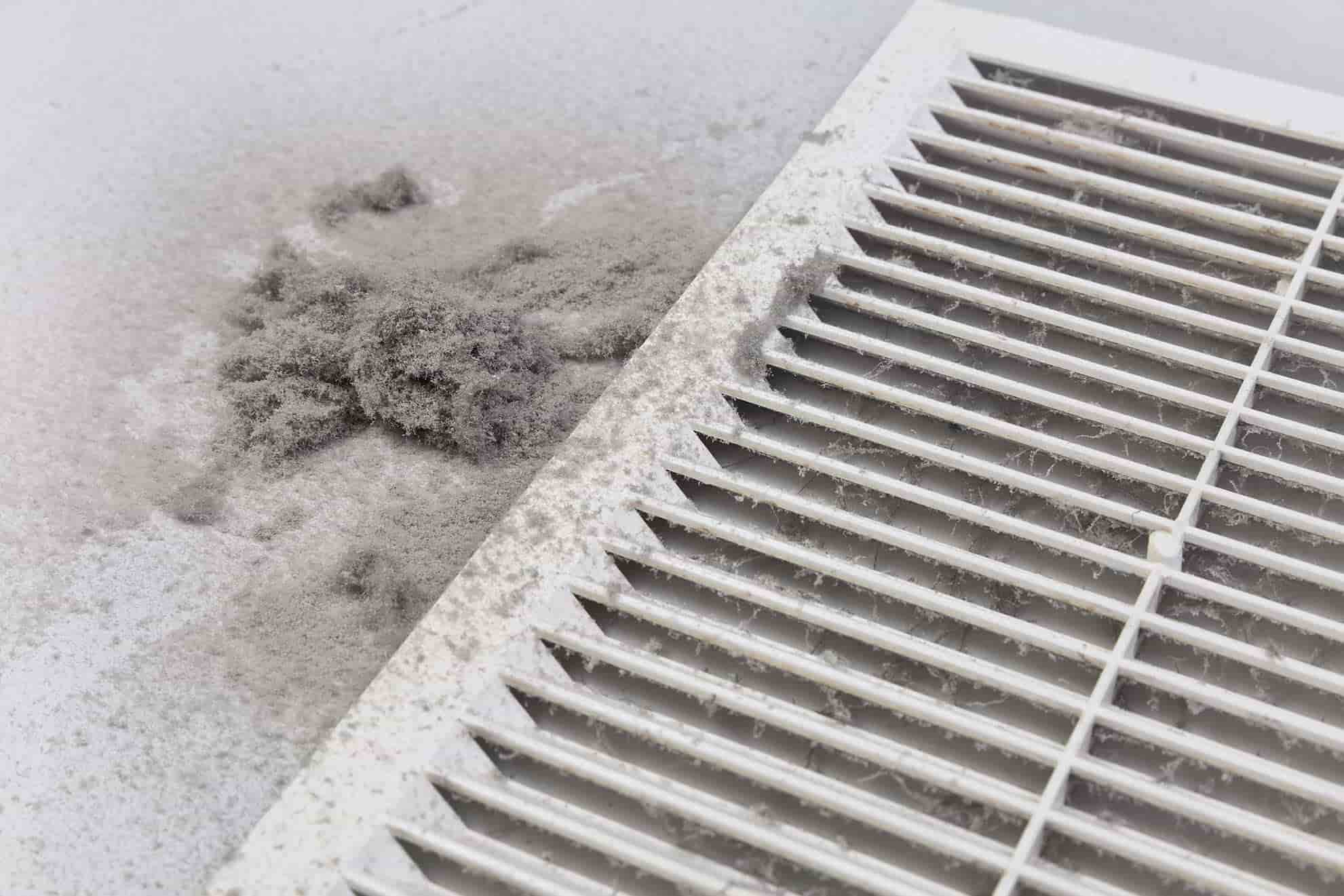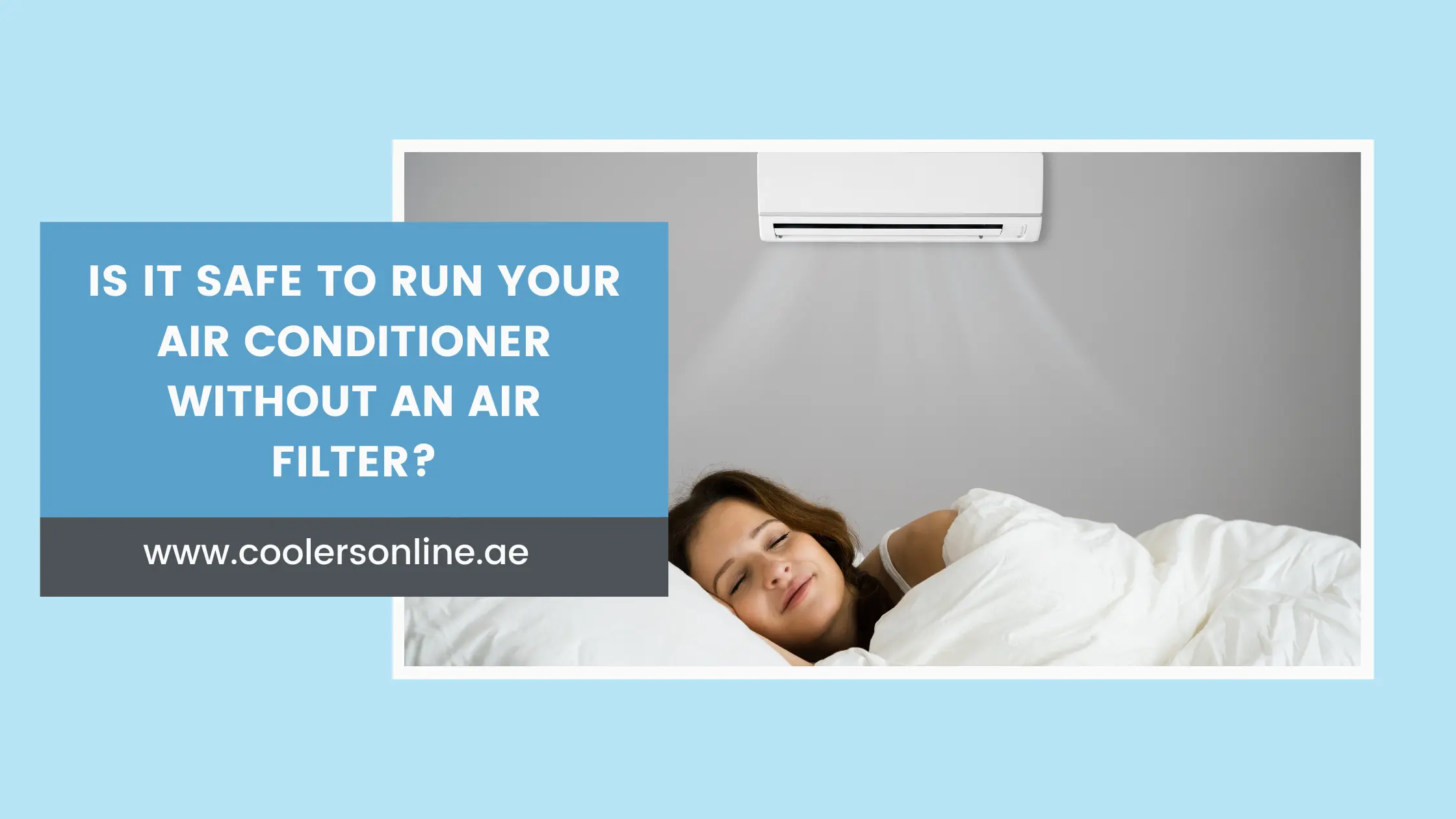Can You Run Ac Without Filter
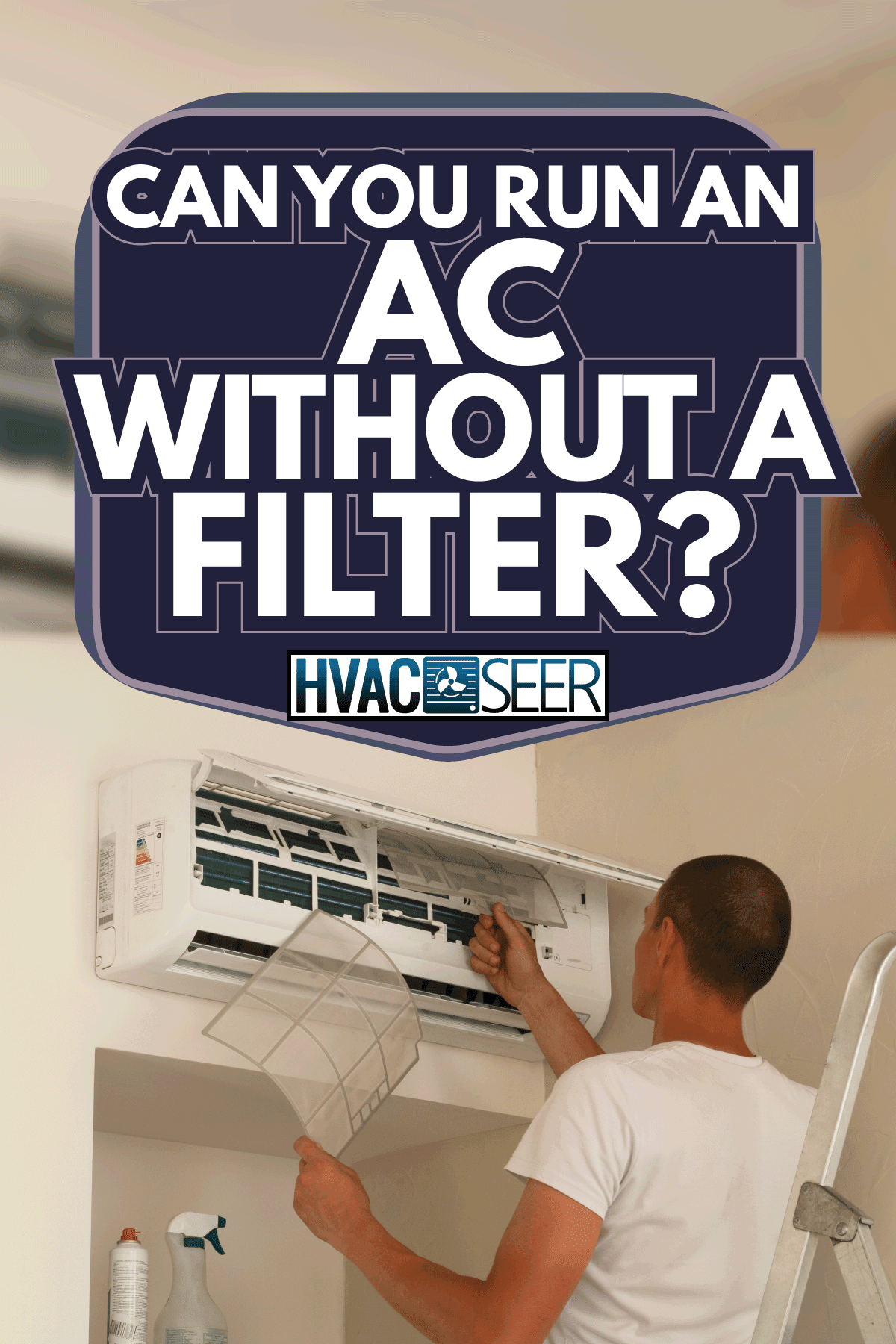
The question of whether an air conditioner can be operated without an air filter is a common one, especially during periods of high usage or when replacements are not readily available. While seemingly a minor detail, the consequences of running an AC unit without a filter can range from reduced efficiency to significant damage and health concerns. Understanding these ramifications is crucial for homeowners and businesses alike.
The practice of using an air conditioner without a filter is widely discouraged by HVAC professionals and manufacturers. This article will explore the reasons behind this recommendation, delving into the potential impacts on the air conditioning system, indoor air quality, and overall energy consumption.
The Function of Air Filters
Air filters in air conditioning systems serve a vital role: removing dust, pollen, pet dander, and other airborne particles from the air circulating through the unit. This prevents these contaminants from accumulating on the internal components of the AC system, such as the evaporator coil and blower motor. A clean system operates more efficiently.
Furthermore, air filters contribute significantly to indoor air quality. By trapping allergens and irritants, they help create a healthier living environment, particularly beneficial for individuals with allergies, asthma, or other respiratory sensitivities. Neglecting this filtration process can undermine these health benefits.
Impact on Air Conditioner Performance
Running an AC without a filter allows dust and debris to accumulate on the evaporator coil. This buildup insulates the coil, hindering its ability to effectively absorb heat from the air. Consequently, the air conditioner has to work harder to achieve the desired temperature.
This increased strain on the system leads to reduced cooling efficiency and higher energy consumption. The unit may run for longer periods, resulting in increased electricity bills and a shortened lifespan of key components. Clogged coils can also lead to the formation of ice, further impeding airflow and damaging the system.
Mechanical Damage
The blower motor, responsible for circulating air through the system, is also vulnerable. Debris entering the system can accumulate on the blower wheel, causing it to become unbalanced. This imbalance can lead to premature wear and tear on the motor bearings and potentially cause the motor to fail altogether.
Repairing or replacing these components can be costly. Preventative maintenance, including regular filter replacement, is significantly less expensive than dealing with major repairs caused by neglecting filtration.
Impact on Indoor Air Quality
Perhaps the most significant consequence of running an AC without a filter is the degradation of indoor air quality. Without a filter in place, the air conditioner simply recirculates dust, allergens, and other pollutants throughout the building.
This can exacerbate respiratory issues, trigger allergy symptoms, and create an environment conducive to mold and bacteria growth. The Environmental Protection Agency (EPA) has consistently emphasized the importance of maintaining good indoor air quality to protect public health.
Poor indoor air quality can also affect the health of those without pre-existing conditions. Headaches, fatigue, and irritation of the eyes, nose, and throat can be common symptoms of exposure to elevated levels of indoor pollutants.
Alternatives and Recommendations
If you find yourself temporarily without a replacement air filter, it's crucial to prioritize obtaining one as soon as possible. In the interim, consider using a temporary solution like a loosely fitted piece of cheesecloth or a similar material.
This is not a permanent solution, but it can provide some minimal filtration. Regularly cleaning the evaporator coil and blower motor can also help mitigate the damage caused by running the AC without a filter. However, these are not substitutes for a properly installed air filter.
Consulting with an HVAC professional is always recommended if you suspect your system has been compromised by operating without a filter. They can inspect the system for damage and recommend appropriate repairs or maintenance procedures.
Expert Opinions and Data
According to a study by the American Society of Heating, Refrigerating and Air-Conditioning Engineers (ASHRAE), regular filter replacement can improve AC system efficiency by as much as 5-15%. This translates to significant energy savings over the lifespan of the unit.
Manufacturers consistently advise against operating air conditioners without filters. In many cases, doing so can void the warranty on the equipment.
“Running an AC unit without a filter is like driving a car without changing the oil,” says John Smith, a licensed HVAC technician. “It might seem okay for a short period, but eventually, the damage will catch up, leading to costly repairs and reduced performance.”
Conclusion
While running an air conditioner without a filter may seem like a temporary solution, the long-term consequences far outweigh any perceived convenience. The potential for reduced efficiency, mechanical damage, and compromised indoor air quality makes it a practice to be avoided.
Prioritizing regular filter replacement and proper maintenance is essential for ensuring the longevity and efficient operation of your air conditioning system, as well as protecting the health and well-being of those who inhabit the space it serves.
Ultimately, a small investment in air filters can save you significant money and health concerns in the long run. Don't risk it.
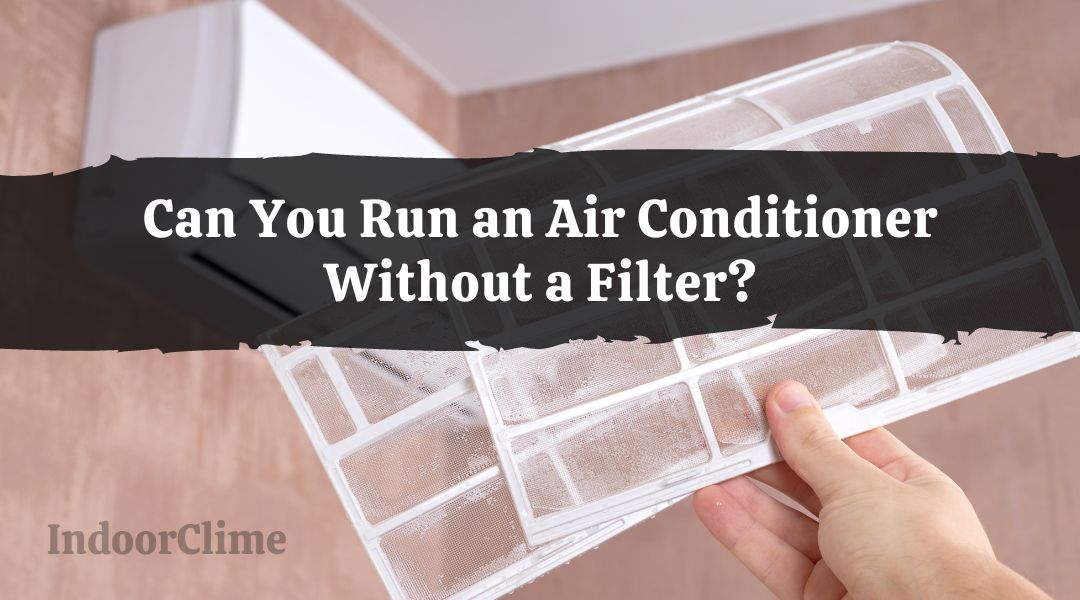


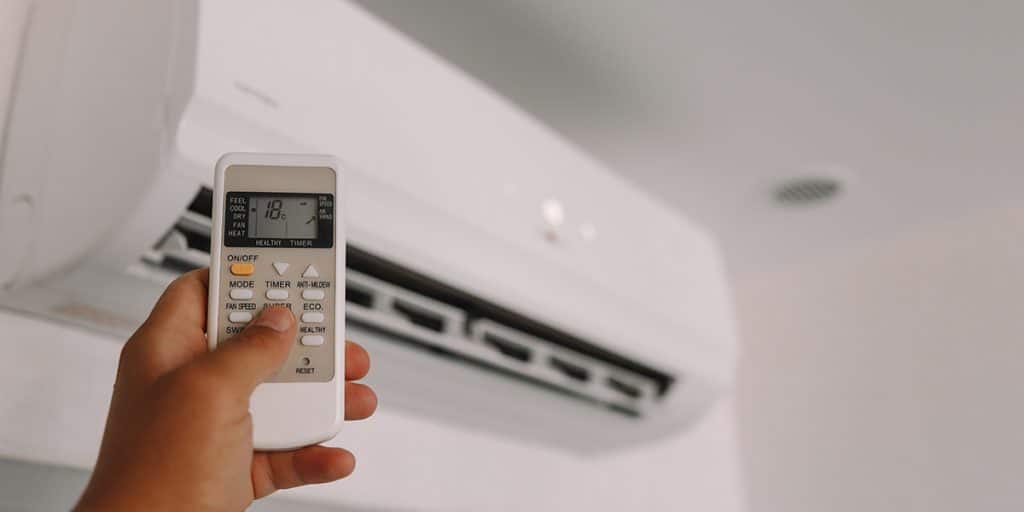


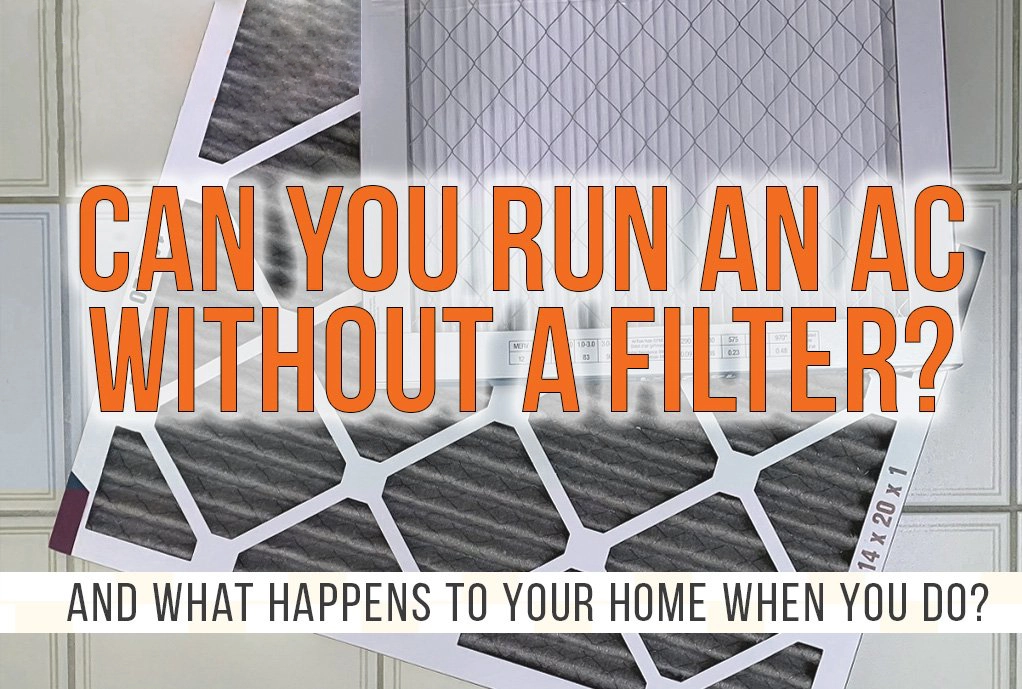

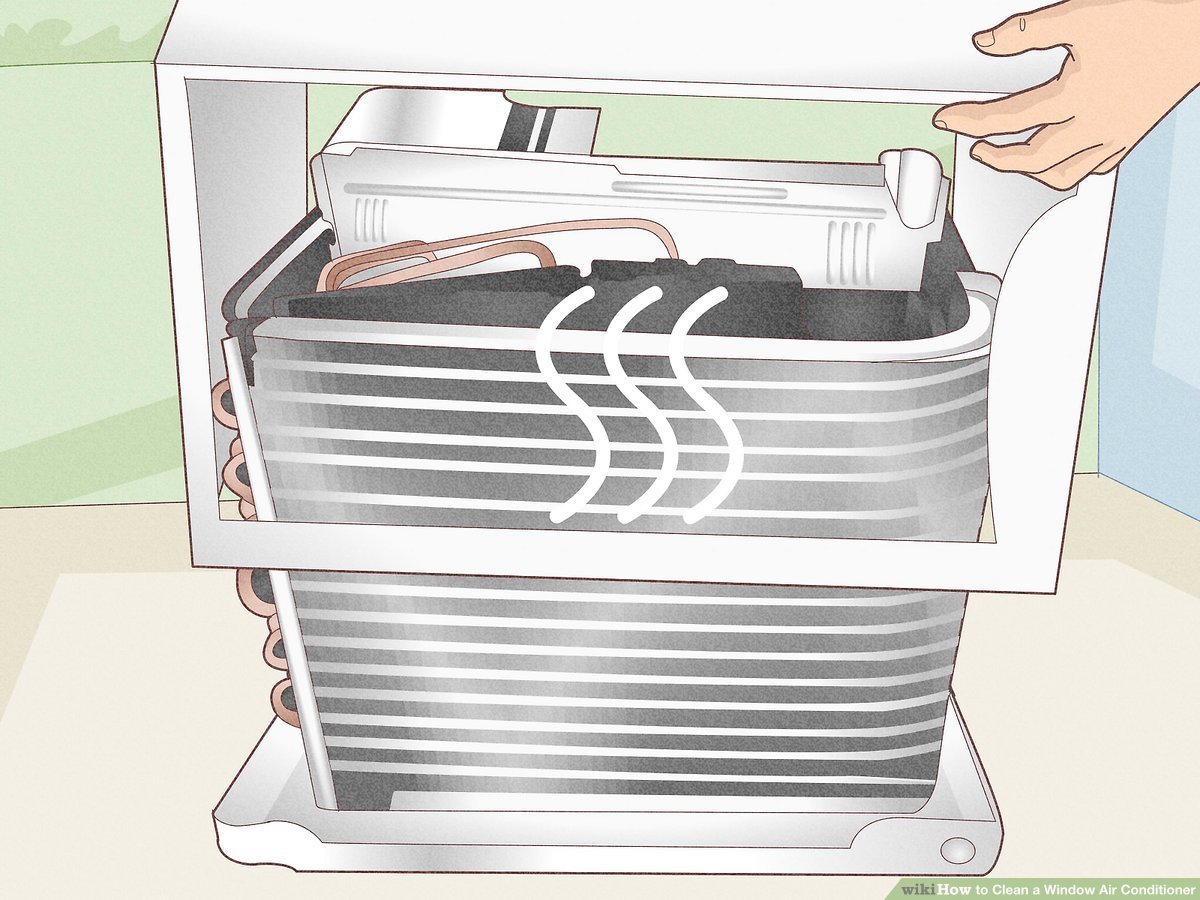
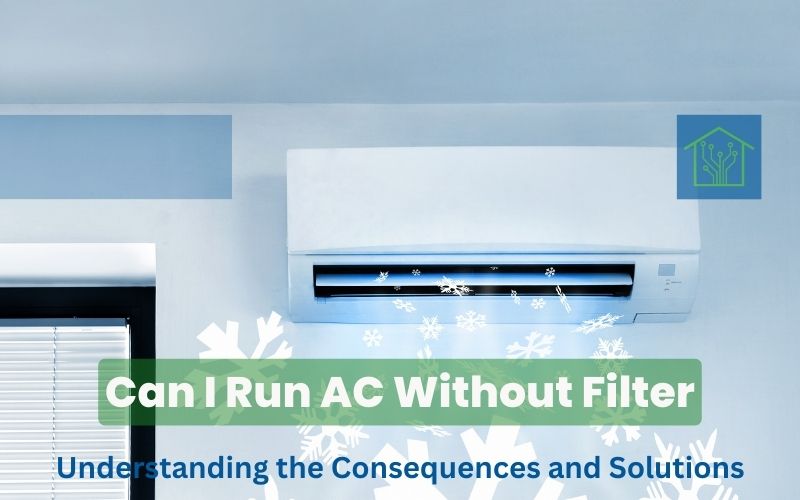
:max_bytes(150000):strip_icc()/how-to-clean-a-window-air-conditioner-unit-5191162-03-acbd1bf011084746bd8eaa7458cbd075.jpg)


